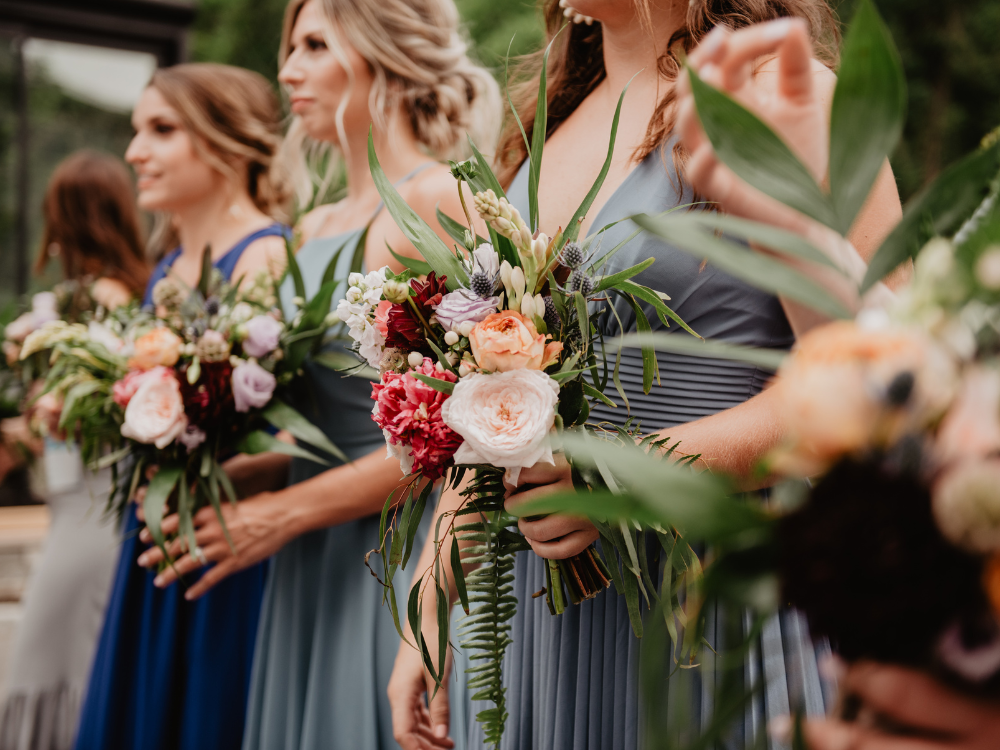Planning a wedding is a joyous yet intricate process. When you have a family member with special needs, it requires additional considerations. These considerations ensure their comfort and inclusion. Incorporating a loved one with special needs into your wedding party can create beautiful, lasting memories for everyone involved. Here are some valuable tips on how to make your wedding day inclusive and accessible for your special needs family member.
Communicate Clearly with Your Wedding Planner
The first step in planning an inclusive wedding is to have an open discussion with your wedding planner. Discuss the special needs of your family member in detail. Whether they have physical, cognitive, or sensory disabilities, it’s crucial to outline their specific requirements. For instance, if your family member uses a wheelchair, discuss the need for ramps or accessible seating arrangements. If they have sensory sensitivities, consider quieter, more serene areas. These areas provide a break if the event becomes overwhelming.
Your wedding planner can then coordinate with vendors and the venue to ensure these needs are met. The planner can also help in creating a detailed timeline that includes breaks and quiet time, and arranging for a designated helper who is familiar with your family member’s needs.
Inform Your Photographer and Videographer
Capturing memories is a significant part of any wedding, and it’s essential that your photographer and videographer are aware of your family member’s special needs. Schedule a meeting to discuss any specific considerations, such as avoiding flash photography if your loved one has epilepsy or ensuring that they are included in group photos in a manner that respects their comfort and dignity.
Consider sharing a brief profile of your family member so that the photographer and videographer understand their personality and preferences. This information can help them interact more effectively and capture genuine moments that reflect the true spirit of your wedding day.
Choose a Fully Accessible Venue
One of the most critical aspects of planning an inclusive wedding is selecting a venue that is 100% accessible. Surprisingly, not all venues meet accessibility standards, so it’s essential to conduct a thorough inspection. Look for features like ramps, elevators, accessible restrooms, and wide doorways that accommodate wheelchairs. Additionally, check for accessible parking spaces and clear, level pathways leading to the venue.
It’s also wise to consider the layout of the venue. Ensure there is enough space for your family member to navigate comfortably, whether they use a wheelchair, walker, or other mobility aids. If your family member requires a service animal, confirm that the venue has policies in place to accommodate them.
Personalize Roles in the Wedding Party
Incorporating your family member with special needs into your wedding party in a way that highlights their strengths and makes them feel valued is key. Tailor their role to their abilities and comfort level. For example, they could be a ring bearer, a flower girl, or even an usher. If they feel more comfortable with a less traditional role, consider having them be part of the ceremony in a unique way, such as giving a reading or assisting with lighting candles.
Communicate with your family member about their role and ensure they feel excited and confident. Offer them support and practice sessions to help them feel prepared for the big day.

Provide Clear and Accessible Communication
Make sure that all wedding-related communication, such as invitations and itineraries, are accessible. This might mean providing information in large print, braille, or digital formats that are compatible with screen readers. Clear signage at the venue can also help guide guests with special needs.
Additionally, consider creating a wedding website with detailed information about accessibility features and accommodations. This can be particularly helpful for guests who may also have special needs.
Plan for Comfort and Safety
Ensure that your special needs family member has a comfortable and safe experience throughout the wedding. This might involve arranging for a quiet room where they can retreat if they feel overwhelmed or ensuring they have access to necessary medications or medical equipment. Assign a trusted friend or family member to be their point of contact for any assistance they may need during the event.
Conclusion
Incorporating a family member with special needs into your wedding party is a beautiful way to celebrate inclusivity and love. By communicating openly with your wedding planner, photographer, and videographer, choosing an accessible venue, personalizing their role, providing clear communication, and planning for comfort and safety, you can create a wedding day that is memorable and enjoyable for everyone. With thoughtful planning and consideration, your special needs family member will feel valued and cherished, contributing to the joy and celebration of your special day.